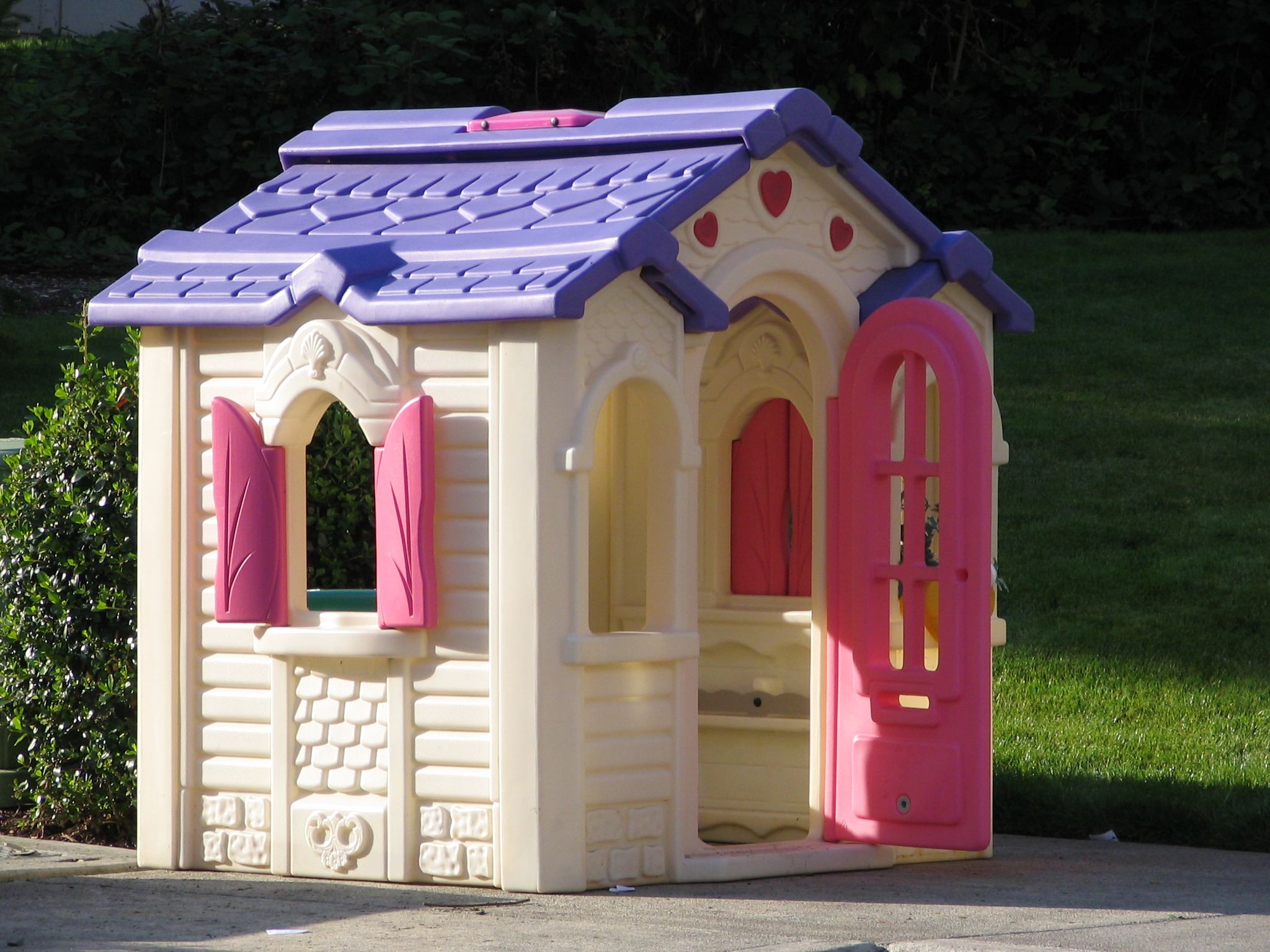
29 May Do I owe taxes on inherited house?
Photo: mwilday/morguefile.comQ. My father died in October and left estate to his daughters. The house was sold for $180,000. The total estate including the house is worth $270,000. I have been told by an accountant that we must pay a 30 percent tax on the profit from selling the house. Is this true?
—Taxed
A. It’s possible, but unlikely.
The tax that would be owed on the home would be based on the profit, but given your dad died in October and the home has already sold, there probably wasn’t much of a difference in value.
When your father passed in October, his assets should have received a step-up in cost basis based on the value on his date of death, said Matthew Masterson, a certified financial planner with RegentAtlantic in Morristown.
“Basis is the cost paid for the property for tax purposes,” he said. “A step-up in basis means that regardless of what your father paid for the home — his cost basis — those who inherited it use the fair market value of the home at his death as their cost basis for tax purposes.”
Masterson said the fair market value at death is generally determined by getting an appraisal or getting comparable sales from real estate agents.
If the fair market value of the home was $180,000 and the house was sold for $180,000 there would be no capital gain on the property and thus no tax due, he said.
Let’s look at it another way.
Let’s say that the fair market value was $150,000 and the home was sold for $180,000.
In this case, $30,000 is considered a capital gain and would be taxable, Masterson said.
“However, the IRS states that when you inherit property that you are considered to have held the property longer than a year regardless of how long you actually held it,” he said. “As a result, the gain of $30,000 would be considered a long-term gain and subject to the corresponding rates.”
Here are the rates for 2017.
| Capital Gains Rate | Single Filer | Married Filing Jointly |
| 0% | Up to $37,950 | Up to $75,900 |
| 15% | $37,951 – $418,400 | $75,901 – $470,700 |
| 20% | More than $418,400 | More than $470,700 |
Masterson said if you are single and earn more than $200,000, or married and earn more than $250,000, you may also be subject to the 3.8 percent net investment income tax.
He said the maximum tax rate you would pay on any profit on the sale of your father’s home would be 23.8 percent assuming you are in the highest capital gain tax bracket for 2017, not the 30 percent you were quoted.
“Even if this latter scenario were to occur, when filing your father’s estate, there is the option to elect an alternate valuation date where you can use the value six months following his date of death instead,” Masterson said. “Since the home was just sold, the fair market value and the sales price should be relatively close thus minimizing any gain, and as a result, any tax paid.”
Email your questions to .
This post was first published in May 2017.
NJMoneyHelp.com presents certain general financial planning principles and advice, but should never be viewed as a substitute for obtaining advice from a personal professional advisor who understands your unique individual circumstances.
